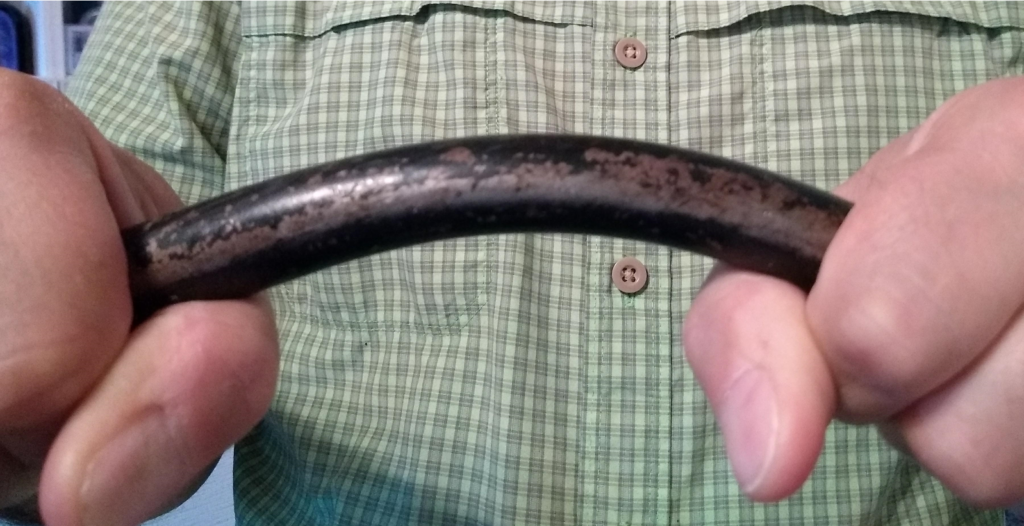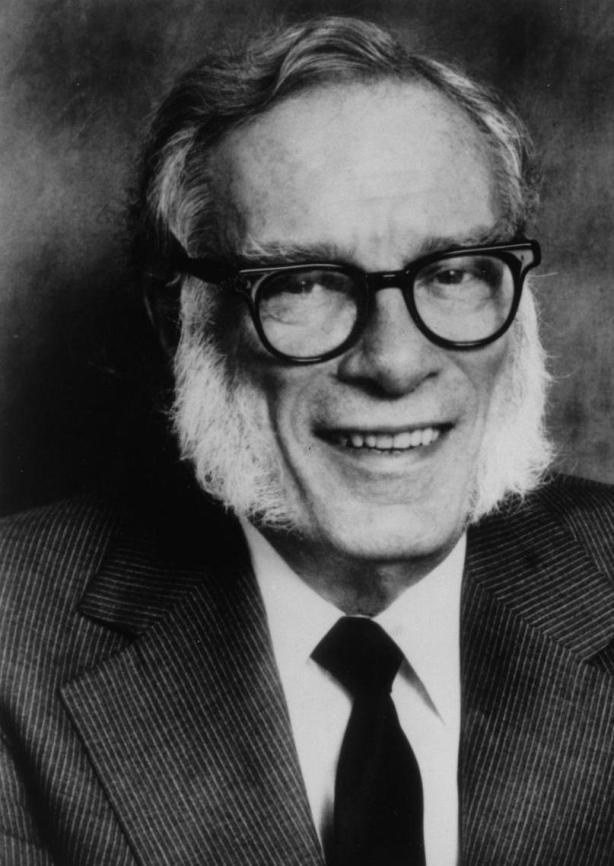Got a great story idea, have you? All that’s left is to type up the words, send them to a publisher, and start spending all that advance money, right?
Not so fast.
First, I suggest you read this wonderful guest blogpost by author Elizabeth Sims, posting on Jane Friedman’s site. Sims gives indispensable advice about how to convert an idea into a story. I’ll give my own spin on her guidance below, but her post explains it in more detail.
She describes four techniques to use. You may use them singly or in combination. Sims says you can take your original story idea and bend it, amp it, drive it, and strip it.
Bend It
Take your idea and shape it into something worth reading. Alter it nearly beyond recognition. Change it in ways that make it more exciting and dramatic. Isaac Asimov read The History of the Decline and Fall of the Roman Empire by Edward Gibbon and imagined the decline and fall of a future galactic empire. He bent the idea further by adding an advanced science called ‘psychohistory’ which predicted the fall of the empire, then wrote his Foundation Series.
Amp It
Your story idea includes some characters with goals, motivations, and problems. Okay, now crank up the volume. Make the goals nearly unreachable, the motivations into obsessions, the problems nearly unsolvable. Raise the stakes. Frank Herbert dabbled with growing mushrooms and enjoyed watching the moving sand dunes near Florence, Oregon. From those interests came Dune, a novel of prophesies, magic, royal family destinies, drug-induced mental states, treachery, self-doubts, and impossible odds.
Drive It
Carry your story idea to extreme ends, ultimate possibilities, and previously unexplored realms. Where ‘Amp It’ has you elevating internal character emotions and personalities, ‘Drive It’ is where you supercharge the plot. Disgusted by what he’d read of the communist Soviet Union, George Orwell took that as a starting point and drove it toward the bitter and dismal future of Nineteen Eighty-Four. Stalin became Big Brother. Secret police became ubiquitous spy cameras. Propaganda became the language of Newspeak and the concept of doublethink. Soviet slogans became “War is Peace, Freedom is Slavery, Ignorance is Strength.”
Strip It
If your idea gets too big and the novel threatens to overwhelm you, cut it down to size. Readers can’t keep track of an entire world, but they can follow a single character. If you portray that character well enough, readers will understand the metaphor—through that one character, you’re representing many. Angered by a newspaper advertisement urging the U.S. Government to unilaterally suspend testing of nuclear weapons, Robert A. Heinlein could have taken Tolstoy’s War and Peace and set it in outer space. Instead, for Starship Troopers, he wrote a stripped-down version, describing an interstellar war from the perspective of a single soldier in the Mobile Infantry.
Now that you have Bend It, Amp It, Drive It, and Strip It in your writer’s toolkit, take another look at your story idea. Just think of the possibilities, all because you read this post by—
Poseidon’s Scribe





